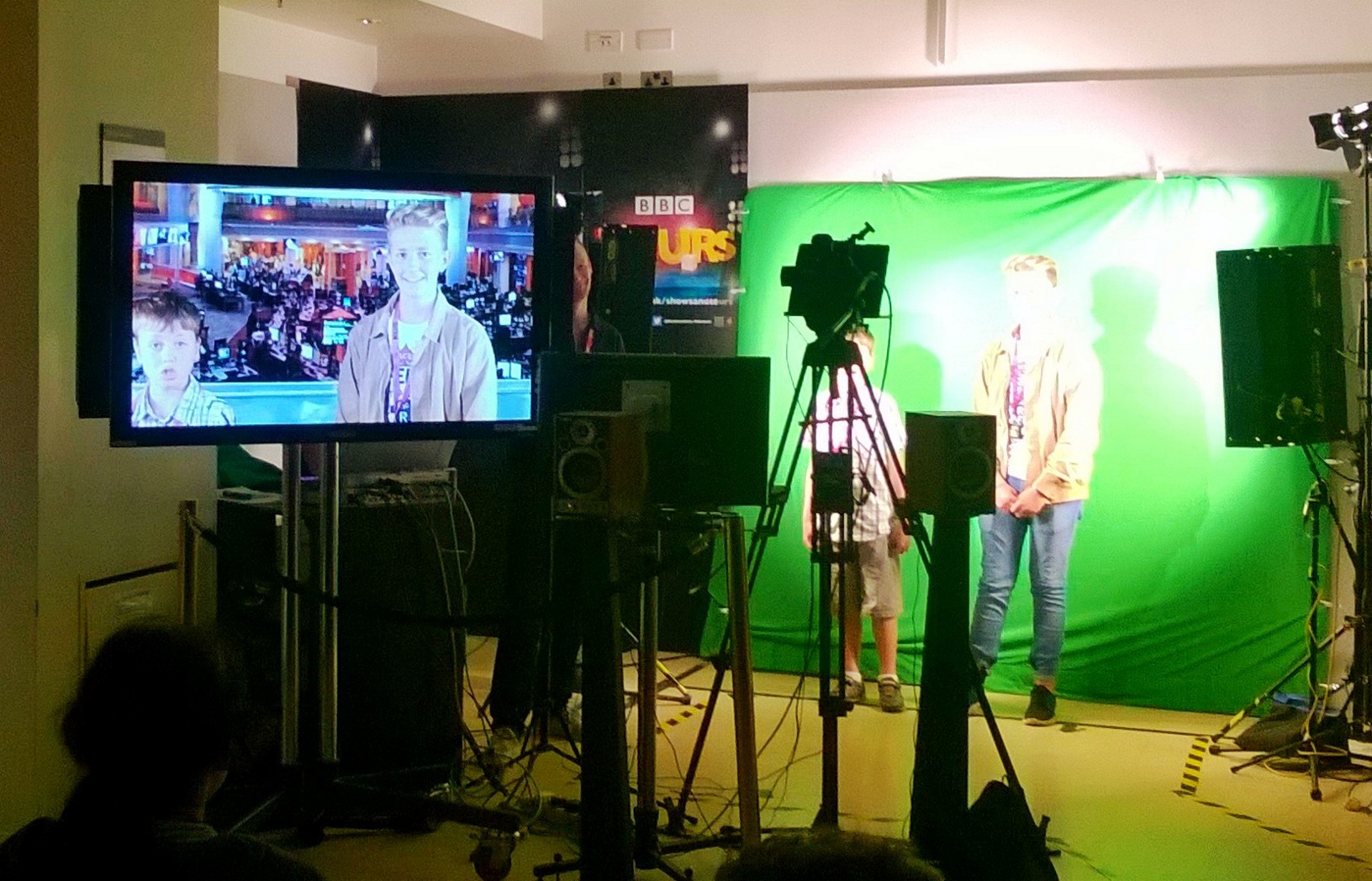Department: Film and Media Studies
Head of Department: Mrs J Evans
If you wish to learn more about the curriculum, please contact the Head of Department by email: j.evans@oaklandscatholicschool.org
If you wish to learn more about the curriculum, please contact the Head of Department by email: j.evans@oaklandscatholicschool.org
The aim within the department is to instill an appreciation of how the media influences modern society. In doing so, we aim to develop sharp media literacy, based on critical awareness of how media texts are produced and promoted. We also seek to inspire creativity in practical production, based on an understanding of how audiences respond to media texts.
Our Media and Film Studies curriculum is ambitious because:
Students begin their media journey, and often discover their passion for this subject area at Key Stage 2 and 3 in English Language, History and PDC lessons.
It is within these subject areas that students are provided with awareness of the social contexts for the texts that they will later explore in Media Studies and Film Studies. We seek to build on the previous learning of students and teach them how to use this social and analytical knowledge when approaching the texts that they are faced with at Key Stage 4 and 5.

Students acquire knowledge and understanding of how media texts and films reach specific audiences and the processes involved in creating and promoting these. We ensure students attain a firm understanding and knowledge of media ownership, examining how conglomerates accumulate and exert power and considering the implications of this model of ownership on society.
With this in mind, students consider the responsibility of the media messages that are relayed to audiences and the importance of regulation in this area
Updated August 2024